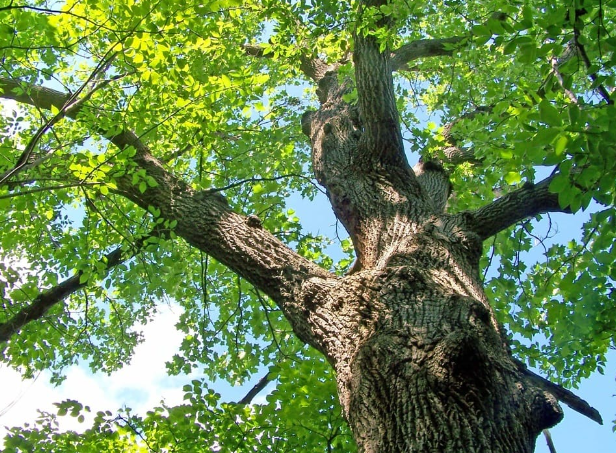Portland has recently made headlines with its pioneering initiative to ban gas-powered leaf blowers starting in 2026. This progressive move aims to forge a path towards a more sustainable and peaceful urban environment. Recognized for its commitment to environmental conservation, Portland is taking a significant leap forward in its efforts to cut down carbon emissions and enhance the living conditions of its residents.
For years, gas-powered leaf blowers have been a common tool in urban maintenance and landscaping, famously known for their efficiency in clearing leaves and debris. However, these devices’ environmental and health implications have led to a reevaluation of their utility. Known for generating excessive noise and releasing pollutants, gas-powered leaf blowers play a part in degrading air quality and disrupting the serenity of neighborhoods. These machines are known for their engines that emit a crazy amount of carbon dioxide and other harmful pollutants compared to their size and utility. According to sunsential.com, leaf blowers’ carbon emissions are equivalent to 22,705,915 cars yearly. A leaf blower produces more carbon emissions than a large car This discrepancy is largely due to the lack of stringent emissions regulations for leaf blowers, unlike those that apply to vehicles. Adopting electric or battery-operated alternatives can significantly mitigate these environmental impacts, leading to improved air quality and contributing to the overall health of the community.
Moreover, reducing noise pollution will greatly enhance the quality of life in densely populated areas, creating a more tranquil urban atmosphere. The decision to phase out these machines aligns with Portland’s comprehensive strategy to address climate change and promote a greener, more habitable city. The initiative to ban gas-powered leaf blowers is expected to make a notable dent in the city’s carbon emissions. These tools are disproportionately harmful to the environment, emitting large quantities of carbon dioxide and other pollutants. The transition away from gas-powered equipment may pose challenges for landscaping businesses and workers who have traditionally relied on these tools.
Anticipating these concerns, Portland is taking a measured approach to the ban’s implementation. The gradual phasing out of gas-powered leaf blowers allows for a smoother adjustment period, enabling businesses and individuals to adapt without undue hardship. The city is also considering various support mechanisms to facilitate this transition, such as incentives for exchanging gas-powered models for cleaner electric options. These measures aim to ease the transition and promote the widespread adoption of more environmentally friendly practices.
Portland’s bold decision to ban gas-powered leaf blowers by 2026 is a clear demonstration of the city’s dedication to environmental stewardship and the well-being of its community. This initiative is a crucial step in addressing the urgent challenges posed by climate change and environmental degradation. By eliminating a significant source of carbon emissions and noise pollution, Portland is setting a commendable example for other cities to follow. This effort not only contributes to the global movement toward sustainability but also reaffirms Portland’s reputation as a leader in environmental consciousness and urban livability.































































































































Tosh Gauger • Apr 3, 2024 at 9:42 am
I never even realized that leaf-blowers posed a threat to our planet, going back to all the carbon dioxide and pollutants that is!
I’m keeping my head up high for a year where we’ll be able to sleep soundly in the mornings while people blow the leaves off their driveways and sidewalks!
Great article, kept me captive whilst reading!